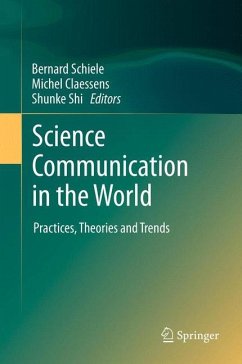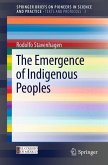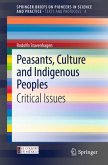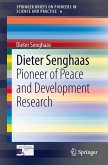The wonders of science have a powerful hold on the imagination, yet the challenge of conveying to the public the expanding frontiers of human scientific knowledge grows daily more complex. This analysis of the process has three goals. First, to offer a survey of research conducted in the field of public communication of science and technology (PCST) over the past four decades, in a range of countries. Then and this second ambition is enabled by the preceding one it identifies and focuses on the researchers varying methods and perspectives. While all countries have, at times and to varying degrees, embarked on extremely ambitious policies to promote and valorize scientific and technical culture, the objectives they pursue must be understood and assessed within specific national contexts. This fact has guided our conceptualization of problems as well as our search for solutions. Our third and final ambition is to establish the trends implicit in these efforts.
From the reviews:
"This volume represents the result of several years' research collaboration in the field of public communication of science and technology, presented and discussed from a global viewpoint. ... this book an interesting and inspired read which changed my understanding and perception of the field of scientific communication. An informative and thought-provoking volume, Science Communication in the World should be of interest to a wide audience, including researchers, teachers, students, journalists and those involved in the history of science." (Kevin Coward, The Biologist, Vol. 59 (5), December, 2012)
"This volume represents the result of several years' research collaboration in the field of public communication of science and technology, presented and discussed from a global viewpoint. ... this book an interesting and inspired read which changed my understanding and perception of the field of scientific communication. An informative and thought-provoking volume, Science Communication in the World should be of interest to a wide audience, including researchers, teachers, students, journalists and those involved in the history of science." (Kevin Coward, The Biologist, Vol. 59 (5), December, 2012)








